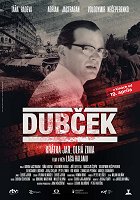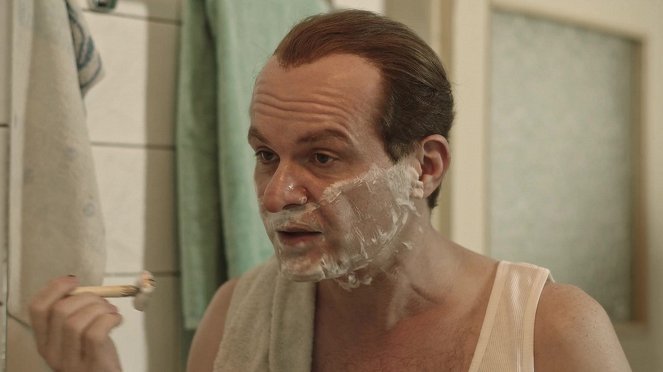Rendező:
Laco HalamaOperatőr:
Peter KelíšekZeneszerző:
Ľubica ČekovskáSzereplők:
Adrian Jastraban, Jiří Zapletal, Vladimír Hrabal, Táňa Radeva, Jakub Jánošík, Peter Trník, Radoslav Šopík, Stano Král, Zdeněk Bureš, Aleksandr Loginov (több)Tartalmak(1)
A „prágai tavasz”, az „emberarcú szocializmus” megtestesítőjének, Alexander Dubčeknek az utolsó útja keretezi azt a történetet, amely az 1968 januárjában megválasztott, karizmatikus vezetőnek a Szovjetunió képviselőivel folytatott – eleve reménytelen – küzdelmét idézi föl. A történet életének három sorsdöntő mozzanatát mutatja be: az 1968-as tavasz és a nyár reményteljes napjait, valamint az augusztusi megszállás pillanatait, az elhurcolt csehszlovák vezetők moszkvai tárgyalásait, végül pedig a számkivetettség, a közéletből való teljes kirekesztés éveit 1969-et követően. A film egy olyan, széles körben elfogadott, népszerű és egyben meggyőződéséhez hű kommunista vezető portréját, kiállását és megingását tárja elénk, aki hitte, hogy a „múlt hibáinak” kijavítása és reformok által megteremthető Csehszlovákiában a demokratikus szocializmus. Dubček és a demokratikus kísérlet bukásának története egyben bemutatja és leleplezi a despotikus moszkvai hatalom módszereit, annak igazi arcát. Ez az első film a csehszlovák és a szlovák történelem jól ismert emberéről - Alexander Dubcek - sok fontos társadalmi változás vezetője a hatvanas években. Hirtelen, 1968. augusztus 21-én a varsói paktum öt országának hadseregei megszállták Csehszlovákiát és eltemették a demokratizálódási folyamatot. (M5)
(több)Recenziók (2)
After having watched the movie, I have to compare it to A Prominent Patient, although Dubček seems to be a little bit more strapped for cash, which is not necessarily a bad thing. Here we’ve got some freshed-faced actors acting out the politic machinations of the year 1968 that the mind boggles at today, in a clearly theatrical fashion. I must admit that I had no clue who Alexander Dubček was. General knowledge isn’t worth anything here and so I carefully watched every dialogue and character so I wouldn’t miss any information. Of course, I still ended up missing a lot because there’s an overflow of information. On the other hand, I did get a better picture of Dubček – a communist, although one of the better ones. I just can’t seem to understand why such a kind, accommodating person would give into an ideology of a political line that destroyed the economy 20 years ago and killed Milada Horáková some 10 years ago. I simply don’t get it. A much better protagonist would be František Kriegel who nobody talks about, even though he was the only one who didn’t sign the Treaty of Moscow. I’m not saying that Dubček did the wrong thing by signing it, he didn’t really have an option, just like Hácha who had to go watch Hitler take over the country and then he didn’t even get to negotiate. When it comes to the film-making craft, I was more than happy with it. This kind of movie just has to be this theatrical and intimate. Dubček might have been a good person, but it still doesn’t change the fact that the communists have ruined this country in a way that resonates even today. He was right in the final scene… What the Russians have done some 50 years ago will not be forgotten by half of Europe in the next 50 years, too.
()
The story is a bit different than what we are used to seeing in the Czech Republic. And it's good to become familiar with it. "You wanted a federation, you got an occupation."
()

